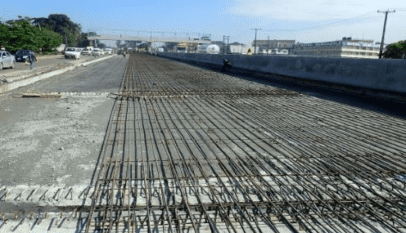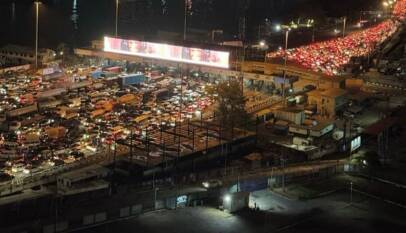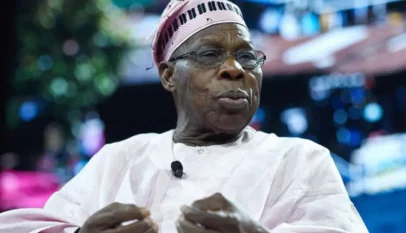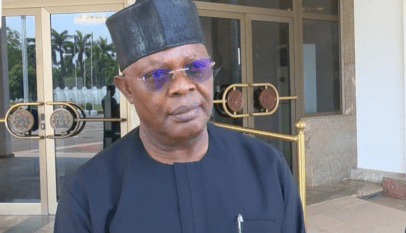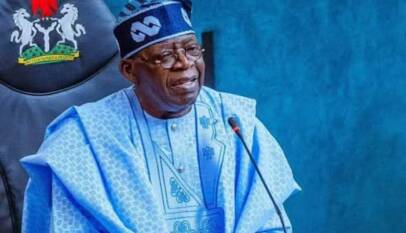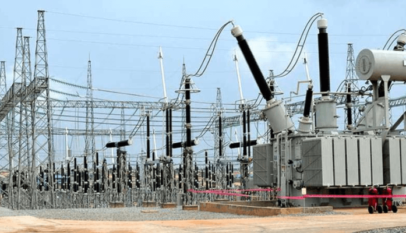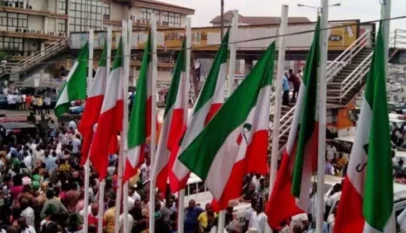
The Minister of Works, David Umahi, has defended the Lagos-Calabar highway project, rejecting accusations that it is a wasteful and corrupt initiative.
His remarks follow former President Olusegun Obasanjo’s criticism of the project in his new book, Nigeria: Past and Future, where he labeled it as a prime example of waste and corruption.
Speaking at a stakeholders’ meeting in Akure, Ondo State, Umahi acknowledged the inevitability of criticism but emphasized that the project would ultimately bring prosperity to the people.
He emphasized that the project is transparent, with a great return on investment, and urged everyone to ignore negative statements.
“The project is not wasteful and corrupt. I have read on social media where people were saying that why is the government or the contractor not explaining, but as the Minister of Works, I am qualified to explain the project,” Umahi said.
He added, “It is natural and normal for people to criticize, but I’ve run the benefits of the project, the cost analysis of the project, the job is already done about 70%, and the project will bring a lot of prosperity to the citizens. I’ll ask those criticizing it not to follow the road.
“I want to commend the president. His peers are jealous and angry, but that means he is doing very well, which nobody has been able to do. The project is transparent; it is great in return for investment, so I want to urge everyone to ignore such a statement.”
The minister also addressed other ongoing federal road projects in the state, including the Akure/Iju Road and Ilesha/Akure Road, stating that plans are in place to resolve compensation issues for contractors.
Recall that the Lagos-Calabar Coastal Highway, a 700-kilometer project estimated to cost N15trillion, has raised eyebrows among many Nigerians who question the importance of the project at a time when the country is experiencing its worst economic crisis in decades.


